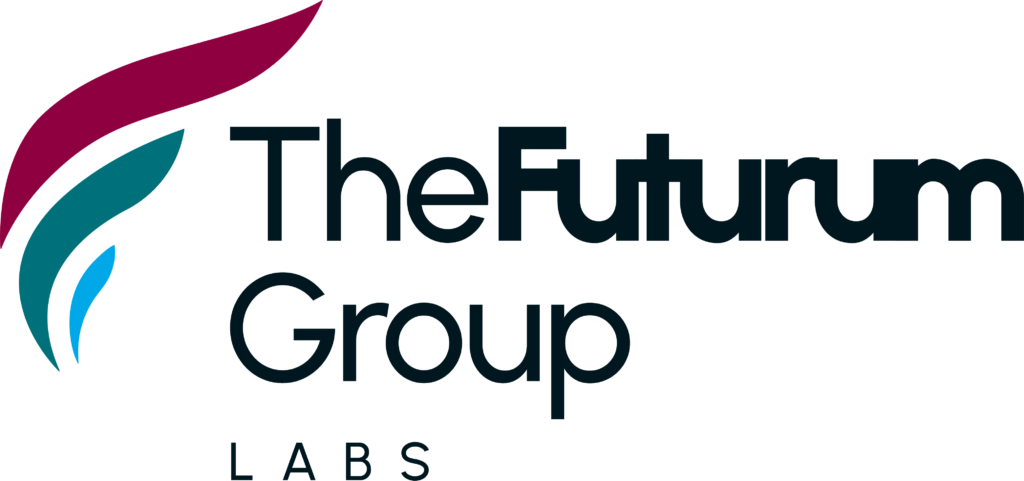I’ll bet that, until November 10, 2010, you’d never heard of a company called Bus-Tech. Now that EMC has made them yet another acquisition target, you’re wondering why. In a statement quoted in the announcement release, Frank Slootman, President of EMC’s Backup Recovery Systems division, positioned Bus-Tech in mainframe backup and recovery: “The addition of Bus-Tech will enable us to deliver a suite of next-generation mainframe backup products that are highly differentiated in terms of performance, integration and supportability.”
Since its founding in 1987, Bus-Tech has occupied a place in mainframe channel protocol conversion—a relatively small niche. Now Bus-Tech will go prime time for mainframe storage administrators.
But mainframe backup, while the significant target for conversion of tape to disk that it is, is not the only place to insert Bus-Tech’s technology. In fact, But-Tech’s channel conversion technology can and has been used by EMC for other applications. In 2004 when the Bus-Tech relationship officially began, Bus-Tech was inserted between a mainframe channel and EMC Centera. Two years earlier, shortly after the introduction of Centera that had an Ethernet-based interface, mainframe customers were also looking for place to retain compliance sensitive records. In fact, for many large data centers, there were more compliance-sensitive records living in the mainframe side of the house than in the open systems side. Centera was an obvious solution but it had no mainframe channel connectivity. Enter Bus-Tech.
Slootman and company became famously successful challenging tape in the open systems backup environment. But the mainframe tape environment is a very different place. Yes, tape is still the staple media for backup and restore functions and as such represents a “low hanging fruit” opportunity for conversion to disk. But unlike open systems, tape is also used in production applications. So its not just a question convincing mainframe customers that inserting deduplication into the backup environment will solve their backup problems. They also have to be convinced that the production applications that use tape will not be negatively impacted.
The people at Bus-Tech have worked tirelessly since 1987 to promote and establish their business model. And while they’ve gotten enough traction to show modest growth, they haven’t been able to break out of a relatively small niche. Yet they’ve maintained faith with their mainframe/open systems convergence business model.
It’s been clear for years that Bus-Tech has needed a big mainframe storage player as a partner to grow. STK was an early partner that didn’t work out. The reason for that should now be obvious. IBM was also an early partner, but for a different kind of channel conversion that has long since become obsolete. HDS has never shown any real interest. That leaves EMC as the last big mainframe storage player available. Why has a big mainframe storage player/partner been essential to Bus-Tech’s growth? Open systems only storage vendors would have make a significant investment in mainframe customer support in order to add mainframe connectivity to existing products. The conclusion they consistently reach is that such a venture isn’t worth the investment.
Now Bus-Tech has big mainframe storage player support. And while Slootman is focusing its mainframe/open systems convergence technology in the data protection environment, clearly there are other solution opportunities EMC can now exploit. Bus-Tech can play not only in the conversion of mainframe tape to disk, the technology can also be leveraged in the coming integration of data protection and archival storage. Congratulations to Bus-Tech President Al Brandt and the Bus-Tech team. Unwavering faith in your business model has finally paid-out.
See John’s blog at www.cnet.com/data-driven

